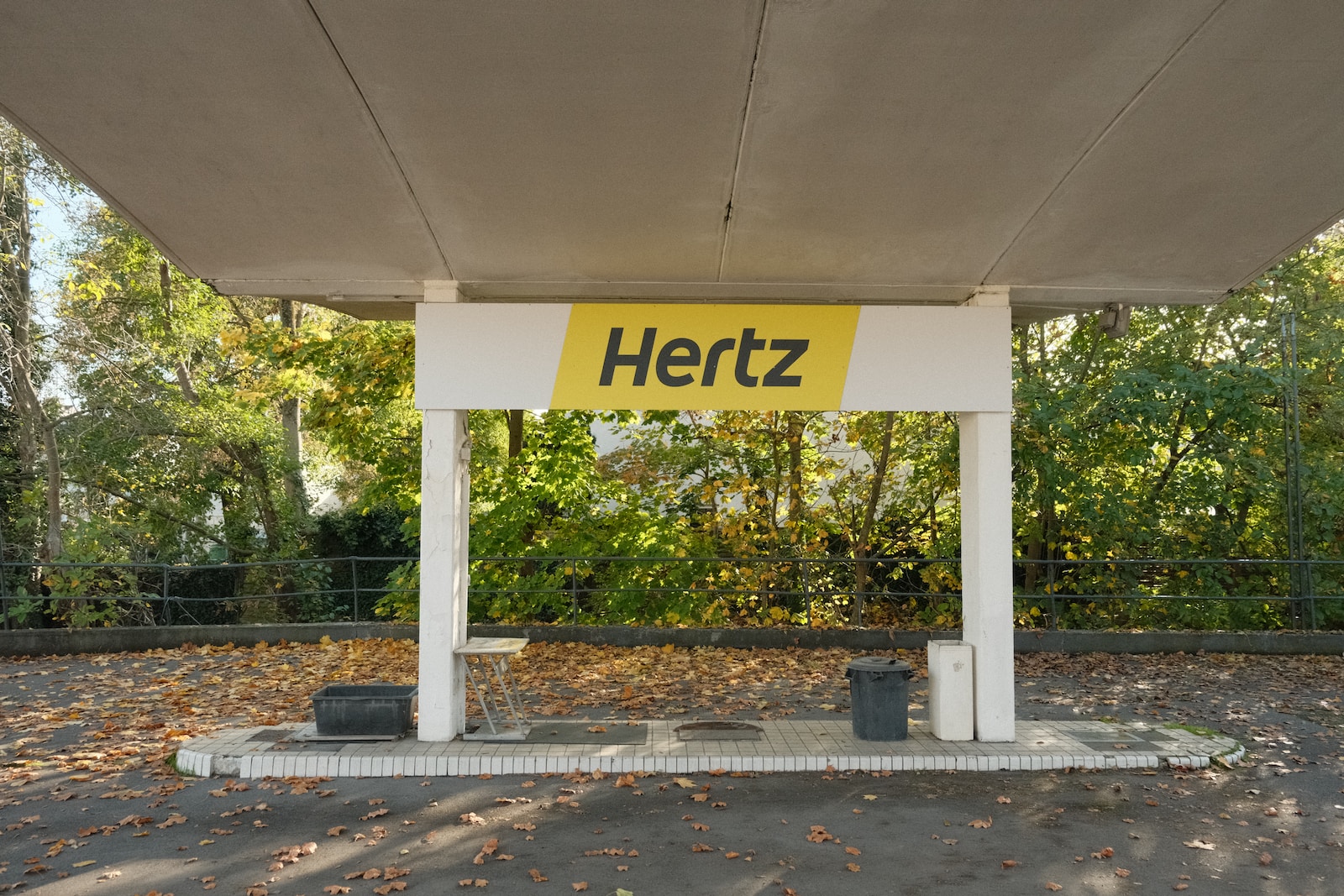
Photo by Luca Merz on Unsplash
Hertz Aims To Sell 20,000 EVs To Purchase Gas Cars
January 11, 2024
Hertz, the famous vehicle rental company, has decided to cut back on electric vehicles (EVs). Over the years, Hertz has been bullish on EVs; however, the company has decided to reduce its electric fleet by a third, which amounts to approximately 20,000 vehicles. The proceeds from the sale will be used to purchase more gasoline-powered vehicles.
Hertz’s decision comes after executives noted that EVs are negatively impacting the company’s financial performance. They revealed that though EVs have lower maintenance costs, they suffer from higher damage-repair expenses and have a faster depreciation rate. According to Hertz CEO Stephen Scherr, an EV repair job can cost twice as much as a similar job on a traditional internal combustion engine car.
Further fueling this issue, the decreasing prices of new EVs in the market have depressed the resale value of Hertz’s used EVs. A significant drop in new EV prices, primarily driven by Tesla, has reduced the fair market value of Hertz’s EVs compared to the previous year. This means Hertz is incurring larger losses when salvaging its used EVs.
On average, Hertz anticipates a depreciation-related loss of about $245 million on the EVs, equating to roughly $12,250 per vehicle. While the company hasn’t explicitly blamed Tesla, it’s evident that the industry disruptor is caught up in the narrative.
Tesla’s vehicles constitute about 80% of Hertz’s EV fleet and about 11% of the total rental fleet. Tesla’s aggressive price cut strategy is forcing other automakers to reduce their electric vehicle prices, which consequently devalues the used models and causes rapid depreciation. This depreciation heavily impacts rental car companies like Hertz that sell many vehicles in the used car market.
Additionally, Tesla’s limited availability of replacement parts and lack of trained repair technicians compared to established brands like GM make the repair process costly and time-consuming. There are also reports suggesting that EVs, particularly Teslas, are more prone to accidents, which increases the repair and maintenance costs for Hertz.
Hertz is currently engaging with Tesla to explore ways to lower the incidence of damage and streamline the parts procurement and labor process. Hertz’s decision to offload a third of its EV fleet is driven by the current market dynamics and the company’s bottom line. It’s a significant move that underlines the challenges that can arise in the evolving auto landscape.
Recent News
Consumer Confidence Drops Due to Rising Inflation Worries
Consumer sentiment took a hit as inflation concerns soared, despite otherwise positive signals in the economy, according to a recent survey.
UK Economic Growth Quickly Exits Recession
Britain’s economy has recently shown promising signs of recovery, with the first quarter of 2024 witnessing the strongest growth in almost three years.
Taco Bell Finally Releases Cheez-It Collaboration
Taco Bell’s collaboration with Cheez-It is finally hitting restaurant locations this summer, marking the debut of one of its most highly anticipated test menu items.
Target Removes LGBTQ Pride Month Products From Some Stores
Target Corporation has made a strategic move regarding LGBTQ-themed merchandise for this year’s Pride Month in June.

